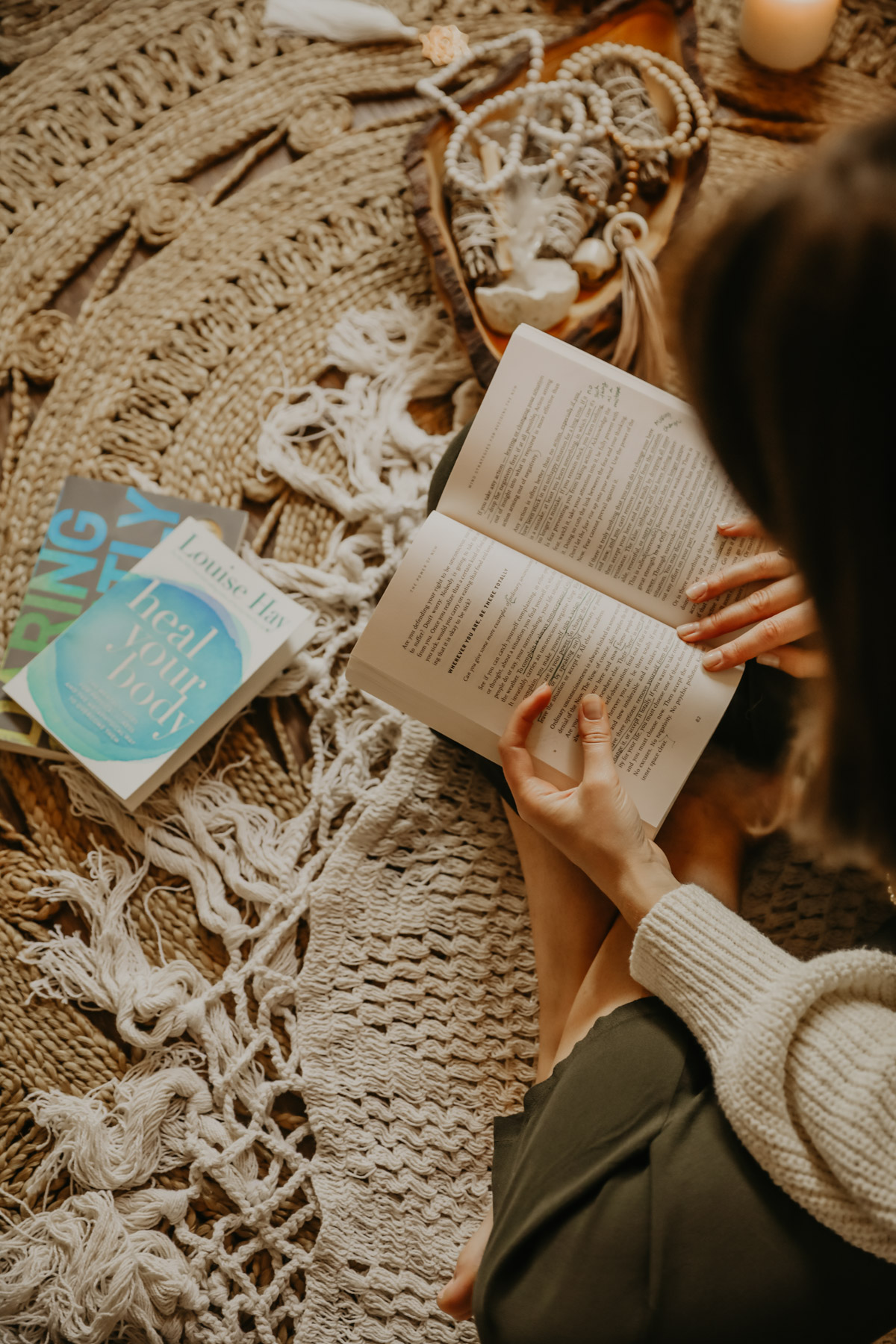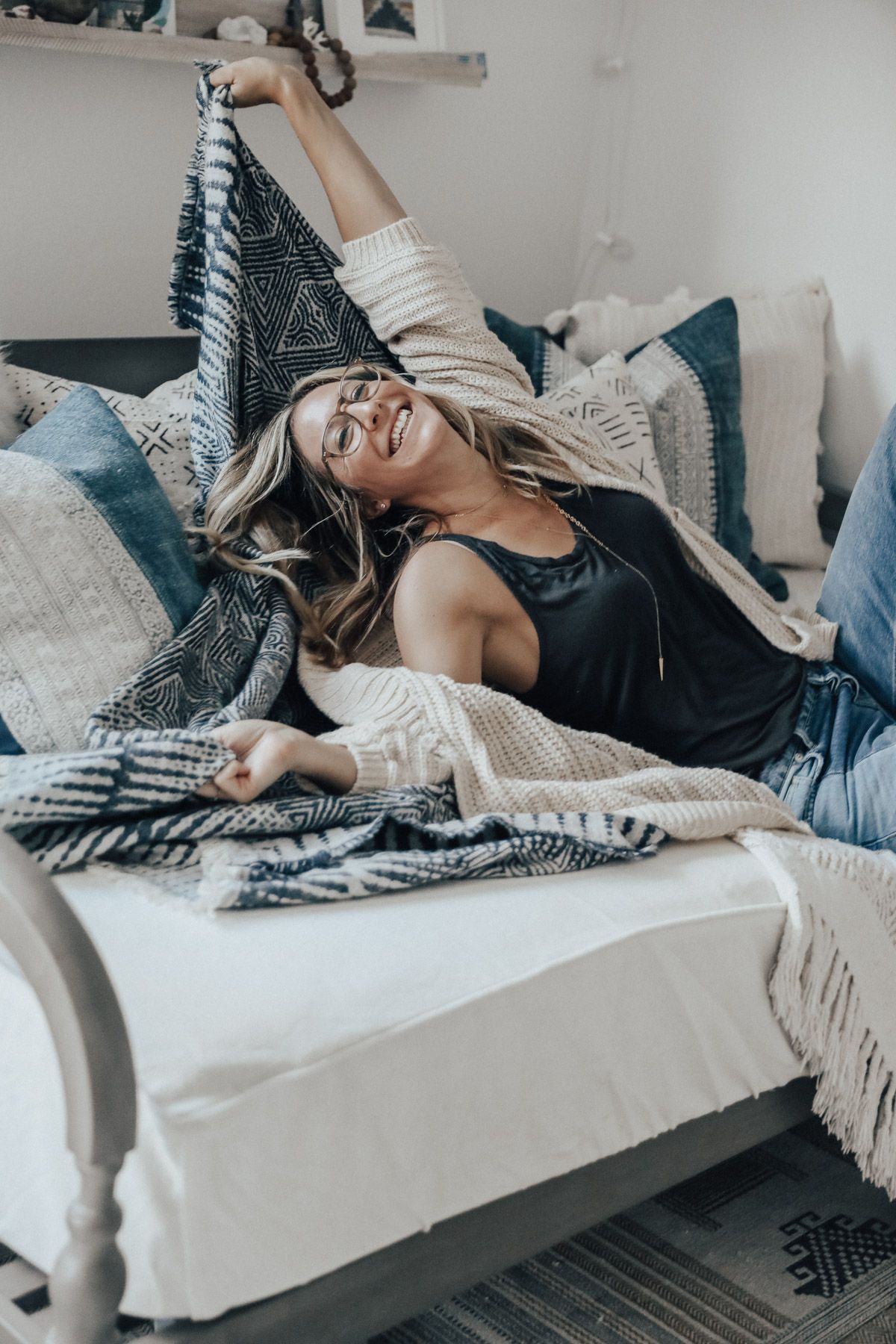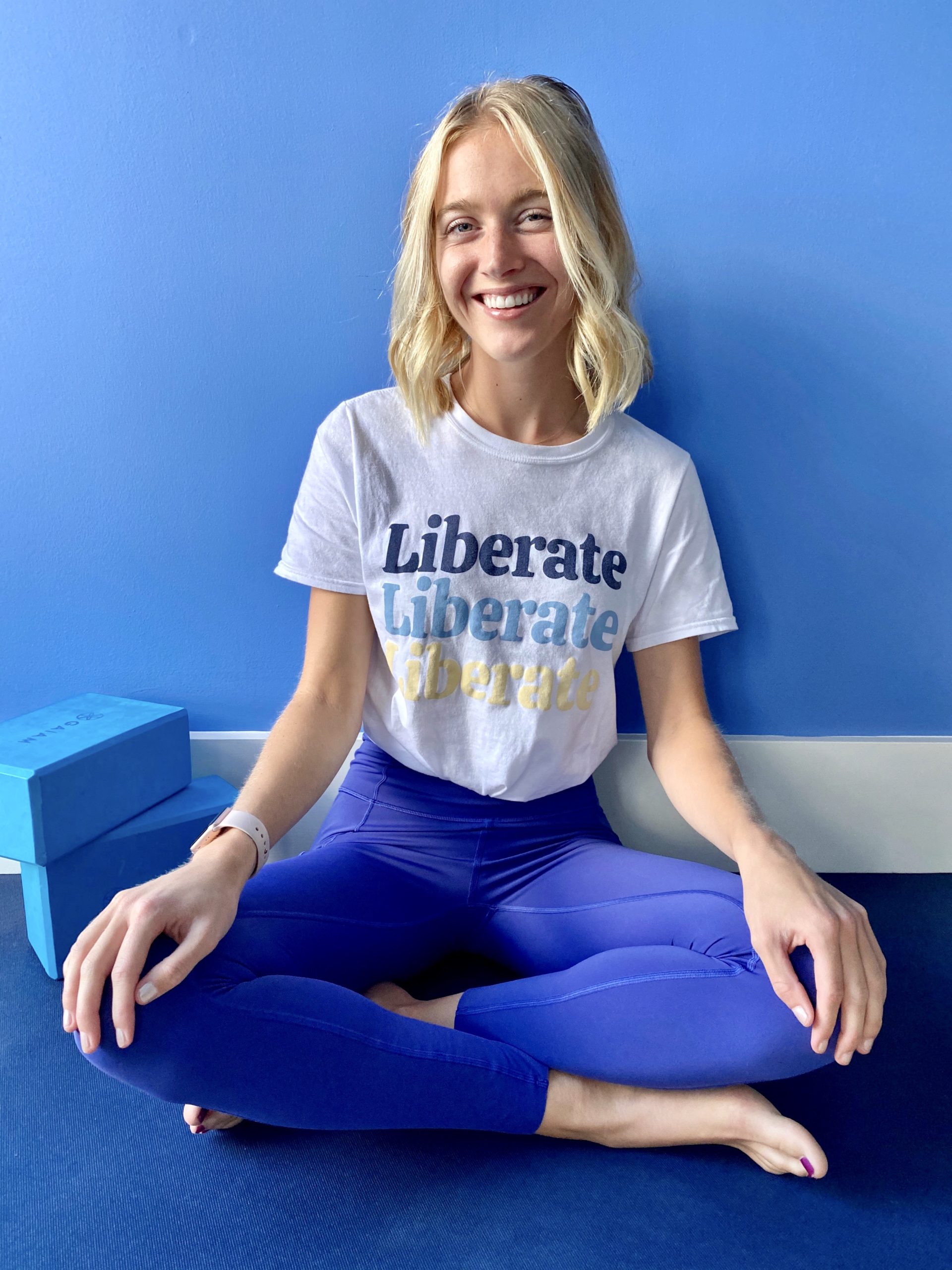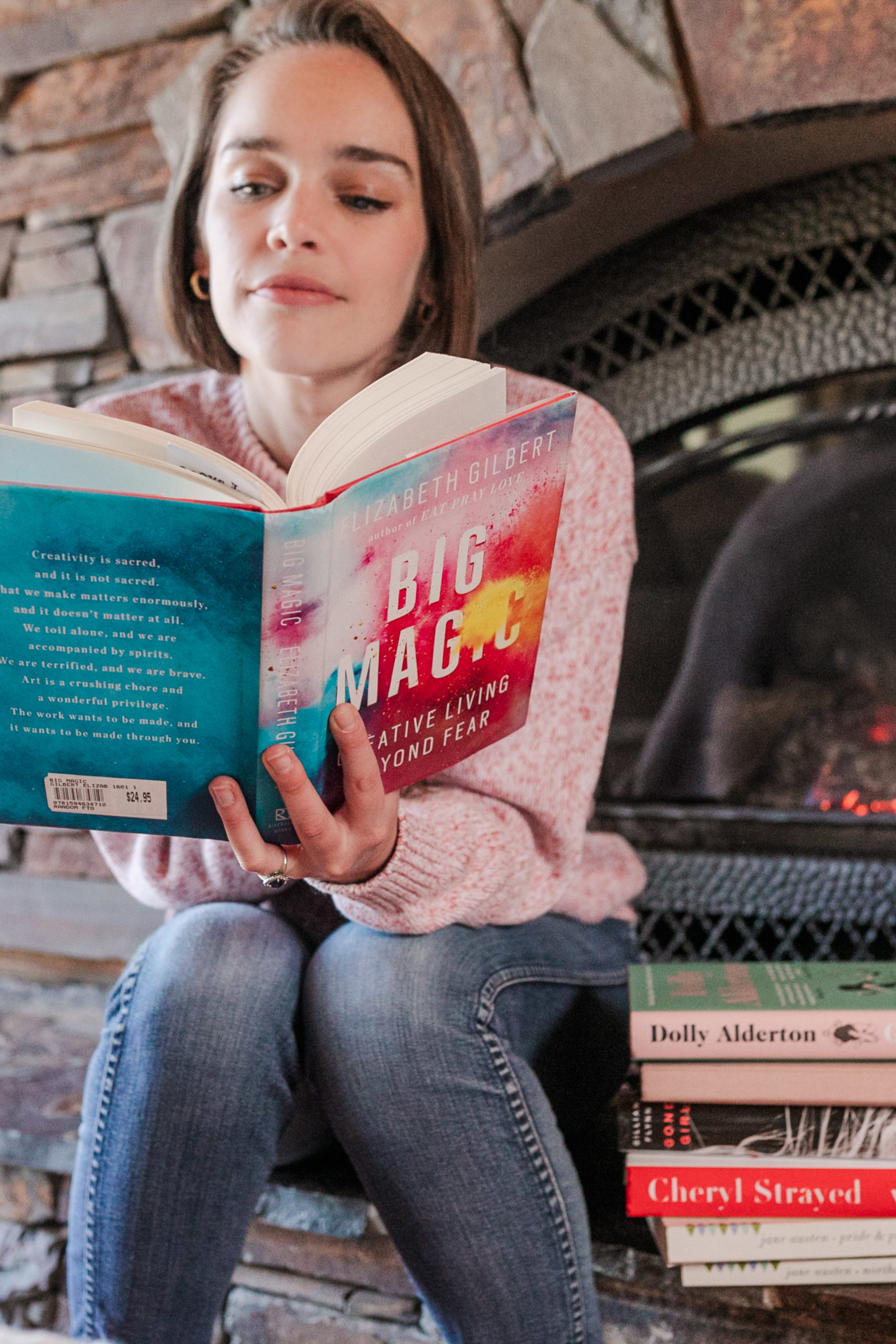I am one of those people that keeps the self-improvement section at the bookstore afloat. Ask me and I can guarantee you I’ve either read it or it’s on my list. And when I think of self-improvement books, I immediately think of my absolute favorite author Brené Brown. I have loved her from the very beginnings when her Youtube video on vulnerability went viral. I know her books like I know the lyrics to Garth Brooks songs. Her words have brought me to tears on the subway and left me laughing out loud in the middle of a flight. She has a relatable way of talking through life, she is not preachy, and she is not better than anyone of us. I truly believe that if she were given the chance to lead the world it would be a much better place!
So, in light of that thought, I am going to share with you 5 of the greatest lessons I have learned from Brené Brown. Maybe you know these, maybe you don’t, maybe this will encourage you to pick up one of her books, and maybe one day you too will find yourself also asking, “What would Brené Brown say or do?”.
Note: this is my interpretation of the lessons I have learned from Brené. These are only a small sample of the million lessons she provides in her books and talks!
1) Living a wholehearted life is not a final destination, it is a continual process of consciousness and choice.
“It’s like walking toward a star in the sky. We never really arrive, but we certainly know that we’re heading in the right direction.” Although the sentence makes wholehearted living sound like a hallmark movie, she is quick to ensure that we know that it is definitely not the path of least resistance. Living a wholehearted life is about choosing to live an authentic life; actively choosing what we bring into our life, and what we take out of our life in order to live truthfully as ourselves. To know that we are enough as we are and that letting go of who we think we should be is essential to cultivating a wholehearted life.
Read more on page xiv preface in The Gifts of Imperfection.
2) In general, people are doing the best they can with the tools they have.
This is not an easy belief to adopt when you initially read it; in fact, for many it is impossible. The key is how our thought process around this concept can affect the way we live and look at the world. As Brené’s husband Steve said, “…my life is better when I assume that people are doing their best. It keeps me out of judgment and lets me focus on what is, and not what should or could be.” It’s a thought that I have carried into my own life, and it has honestly helped me live life with less anger and more forgiveness. We all have to remember that no one in life is given a guidebook, we are all just trying to figure things out, and in the end everyone’s definition of best is different. Be gentle with yourself and others, you never know what they have going on in their lives.
Read more on page 110 in Rising Strong.
3) To avoid sharing the story in your head (or to avoid vulnerability) can lead to unnecessary conflict and disconnection.
Brené is a wonderful storyteller, who often talks about her relationship with her husband Steve. One of my favorites is the story of Lake Travis, in which they found themselves physically swimming beside the other across the lake, but worlds apart psychologically and emotionally. Assumptions were made on both sides and conflict ultimately occurred. But when each of them chose to be vulnerable and share the completely different stories they had made up in their heads, they were able to understand each other. They removed the hurt they had each made up, and instead replaced it with connection and compassion. We can only understand each others’ perspectives when we choose to share our stories. So next time you find yourself in a conflict, do your best to share the story in your head, you never know what level of connection you might find.
Read more on page 16 in Rising Strong.
4) We belong to no one but ourselves. Before you get up in arms, read the quote below and hear me out:
“You are only free when you realize you belong no place – you belong every place – no place at all. The price is high. The reward is great.” – Maya Angelou
Are you still with me? When I read this quote in Brené’s book Braving the Wilderness, I was on the Subway in NYC, and I burst into tears. I had been in NYC for 2 years at that point and was still not feeling like I had found my place. Everyone else seemed to have it all figured out, or so I thought. But as I sit here now, back in my hometown, I have finally realized that there really isn’t one spot that I belong. Brené Brown referred to the world of uncertainty as the wilderness, an unpredictable space of solitude and searching. In this world full of so many different people and opinions, true belonging requires us to become fully comfortable with ourselves, our own beliefs, our own unique qualities; existing alongside others just as we are. Not trying to turn our leaves a different color just so we can feel as if we fit in.
Read more on page 26 in Braving the Wilderness.
5) Ordinary courage is nothing short of extraordinary.
Brené Brown found in her research that courage is one of the most important qualities that wholehearted people have in common. In The Gifts of Imperfection, Brené shared that the root of the word courage is cor, which is the Latin word for heart. Courage was not originally attached to heroics and valiant acts as it is today, and instead was originally defined as “to speak one’s mind by telling all one’s heart.” She brings to light the idea that the courage to speak openly of our truths, of our feelings, and our thoughts should also be celebrated as ordinary courage. Ordinary courage may not be about putting our life on the line, but instead about putting our vulnerability on the line; and as Brené said, in this world that is pretty extraordinary.
Read more on page 12 in The Gifts of Imperfection.
Life does not come with a guidebook; no two people are given the same map in life. Instead, we are each given our own unique hearts, brains, and lives that bring with it a wealth of experiences that make us into individuals. And being these unique individuals existing alongside each other with the chance for connection is what makes this world what it is today. It is the act of ordinary courage that has the opportunity to change the world if we each give it a chance.
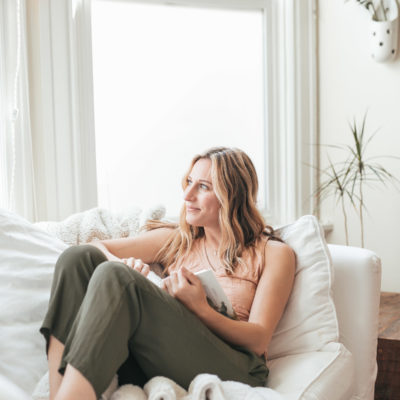 Why I’m Seeing a Therapist Even Though I’m in a Good Place
Why I’m Seeing a Therapist Even Though I’m in a Good Place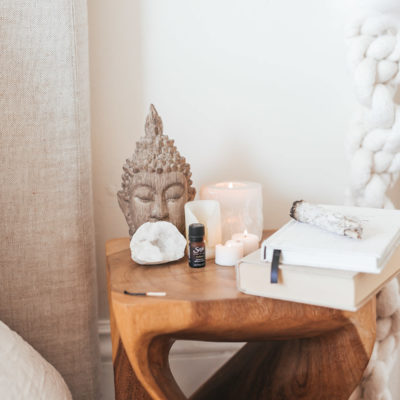 Everything You Need to Know About Essential Oils
Everything You Need to Know About Essential Oils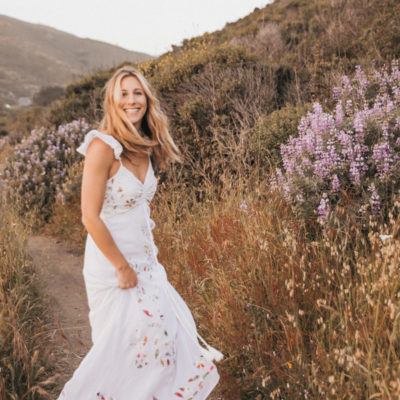 Welcome to Advice from a 30 Something!
Welcome to Advice from a 30 Something! 5 Smart Money Habits To (Finally) Nail This Decade
5 Smart Money Habits To (Finally) Nail This Decade The 5 Best Podcasts for 30 Somethings
The 5 Best Podcasts for 30 Somethings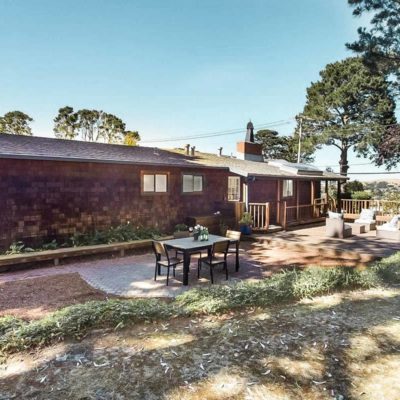 Our First Home: The Before Photos & Renovation Plan
Our First Home: The Before Photos & Renovation Plan An Indie Dinner Party Playlist
An Indie Dinner Party Playlist 3 Tips for Low Maintenance Hair Color
3 Tips for Low Maintenance Hair Color How to Take Better Care of Your Clothes
How to Take Better Care of Your Clothes 4 Quick Tips for Making An Outfit More Flattering
4 Quick Tips for Making An Outfit More Flattering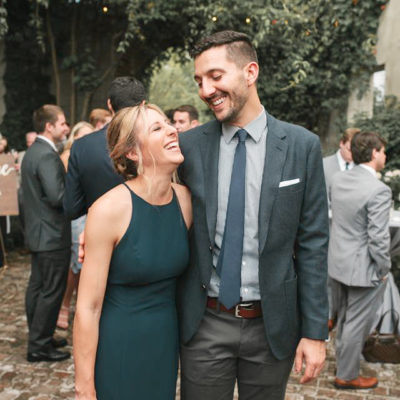 Screw Timelines: Why We Bought a House Before Getting Engaged
Screw Timelines: Why We Bought a House Before Getting Engaged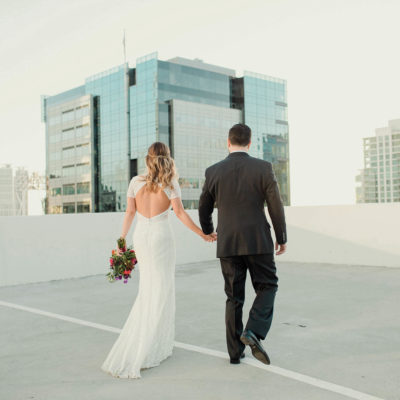 Why I Waited Until My 30s To Get Married
Why I Waited Until My 30s To Get Married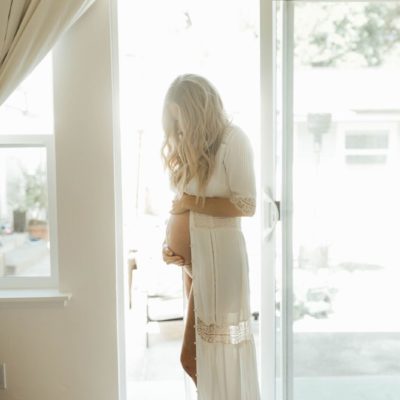 10 Things You Didn’t Want to Know About Birth (But Kinda Need To!)
10 Things You Didn’t Want to Know About Birth (But Kinda Need To!)


